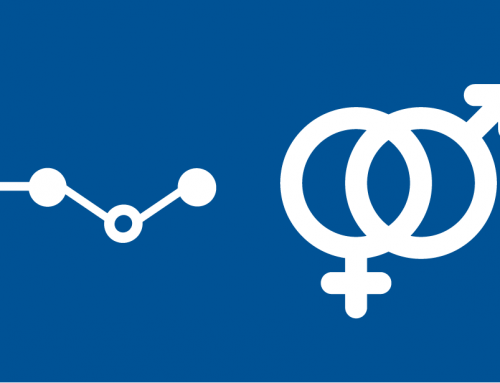Scientific knowledge is accepted as the main driver of development, allowing for longer, healthier, and more comfortable lives. However, an interesting paradox can be observed: the rise in science communication and outreach efforts seems to correlate with the rise of openly anti-science groups. This has serious social consequences, from the anti-vaccination to “post-truth” movements. Such fears are particularly relevant now, as trust in science is fundamental to fight the COVID19 pandemic.
It has been argued that overconfidence (broadly defined as a tendency to have a subjective assessment of one’s own skills, intellect, or talent, that is reliably greater than the objective accuracy of such skills, intellect, or talent), might play an important role in these movements. If confidence in one’s knowledge grows faster than knowledge itself (Dunning-Kruger effect), this could create a false sense of understanding.
We developed a new, non-self-reported metric of confidence and ask how knowledge and confidence play a role in determining public attitudes towards science.
We are using large scale questionnaires (Science and Technology Eurobarometer, 1998 to 2005, in 34 European countries; American General Social Survey, 2006-2018; Pew Research Center, 2019) and focus on a set of variables gauging, knowledge and attitudes towards science.
We found that our confidence metric varies non-linearly with knowledge, with the highest confidence appearing at the intermediate knowledge levels. This corresponds to the majority of the population, across countries, years, education levels, and age. We further found that overconfident individuals also tend to display the most negative attitudes towards science, with important implications for science communication and policy.
We are also working on a theoretical model that can be tested experimentally for the impact of targeted science communication and outreach intervention.
This project is being developed in collaboration with Frederico Francisco and is funded by an ERC Starting Grant.
Publications
- Francisco F, Lackner S, Gonçalves-Sá J, “A little knowledge is a dangerous thing: excess confidence explains negative attitudes towards science”, (2019). arxiv
Funding
Welcome DFRH WIIA 60 2011, funded by FCT and the Marie Curie Actions
European Research Council:
- Fake News and Real People (FARE) – Using big data to understand human behaviour, Grant Agreement 853566




